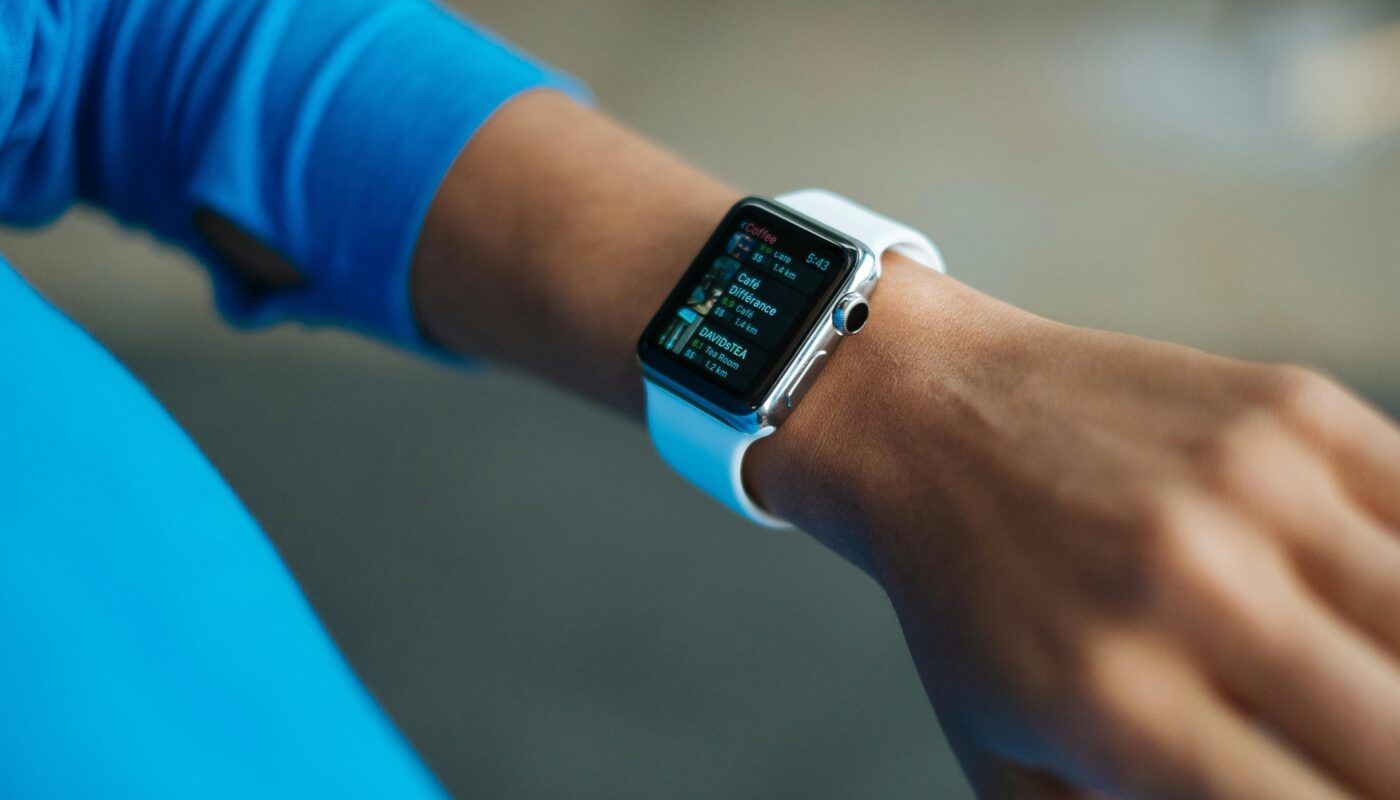Healthcare has traditionally focused on treating illness after it appears. But in 2025, a major shift is underway: prevention is taking center stage. Instead of waiting for problems to arise, more people are using technology and lifestyle strategies to detect risks early, build healthier habits, and improve long-term wellness.
Preventive care isn’t about replacing doctors or hospitals — it’s about empowering individuals to take charge of their health before small issues become big ones. Here’s how tech innovations and lifestyle changes are redefining the future of wellness.
1. Wearables as Your First Line of Defense
Smartwatches and fitness trackers have moved far beyond counting steps. Modern devices track heart rate variability, oxygen levels, sleep cycles, and even detect irregular heart rhythms.
These metrics offer valuable insights that were once only available in clinical settings. For example, a smartwatch can alert you to early signs of atrial fibrillation, potentially preventing a stroke. Other wearables now monitor stress levels and guide users through breathing exercises, bridging the gap between physical and mental health.
The best part? Many of these devices are affordable and accessible, putting powerful health data directly on your wrist.
2. Preventive Care Through AI and Apps
Artificial intelligence is playing a quiet but significant role in preventive healthcare. Mobile apps use AI to analyze user data and provide personalized recommendations — from diet changes to workout plans.
Some apps can even detect patterns in symptoms and suggest when to seek professional care. For example, AI-powered dermatology tools analyze photos of skin moles and flag potentially cancerous changes early.
By guiding people toward healthier behaviors and offering early warnings, these tools make prevention both convenient and proactive.
3. Nutrition Meets Technology
Diet remains one of the most powerful tools in preventive care, and technology is making it easier to make smarter choices. Smart kitchen devices and nutrition apps allow users to track meals, measure calorie intake, and even analyze micronutrients.
Some companies now offer DNA-based nutrition testing, which tailors dietary advice to an individual’s genetic profile. While still emerging, these tests could help people understand how their bodies metabolize food and which nutrients they need most.
This fusion of tech and nutrition is transforming the way we think about food — moving from generic advice to highly personalized guidance.
4. Telehealth Expands Preventive Access
Telehealth isn’t just for emergencies or consultations anymore. Preventive care is becoming a core focus of virtual medicine. Patients can now schedule regular wellness check-ins, discuss lifestyle changes, and review biometric data with doctors remotely.
For people in rural or underserved areas, telehealth eliminates barriers to consistent preventive care. It also empowers patients to build long-term relationships with providers, shifting the focus from acute treatment to ongoing wellness.
5. Lifestyle Shifts Driving Preventive Wellness
Technology alone isn’t enough — lifestyle choices remain the backbone of prevention. The good news? Many people are embracing wellness in new ways.
- Holistic fitness: More individuals are combining strength, cardio, and mindfulness practices like yoga and meditation.
- Sleep prioritization: With growing awareness of how sleep impacts health, people are using sleep-tracking apps to improve rest quality.
- Work-life balance: Remote and hybrid work have opened the door for flexible routines, encouraging healthier eating, exercise, and family time.
These shifts highlight a cultural change where wellness is not an afterthought but a daily priority.
A Future Built on Prevention
The future of preventive care lies in integration: combining tech insights with lifestyle choices and medical guidance. By catching health issues early and promoting healthier habits, preventive care can reduce medical costs, extend life expectancy, and improve quality of life.
We’re entering an era where wellness is no longer reactive. With wearables, AI-driven apps, and smarter lifestyle choices, individuals have more control over their health than ever before.
Preventive care is no longer just about avoiding illness — it’s about building a foundation for a healthier, longer, and more fulfilling life.




